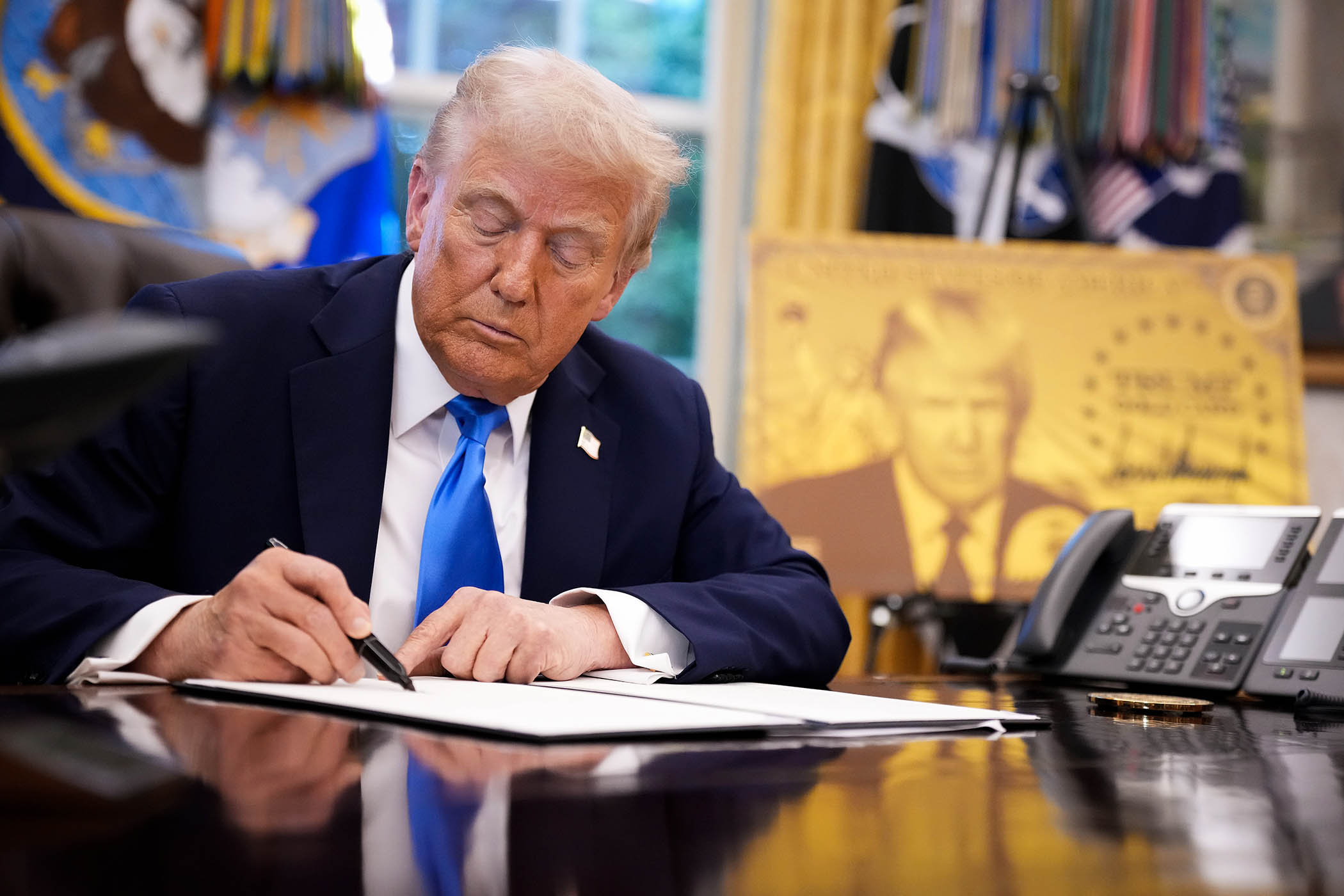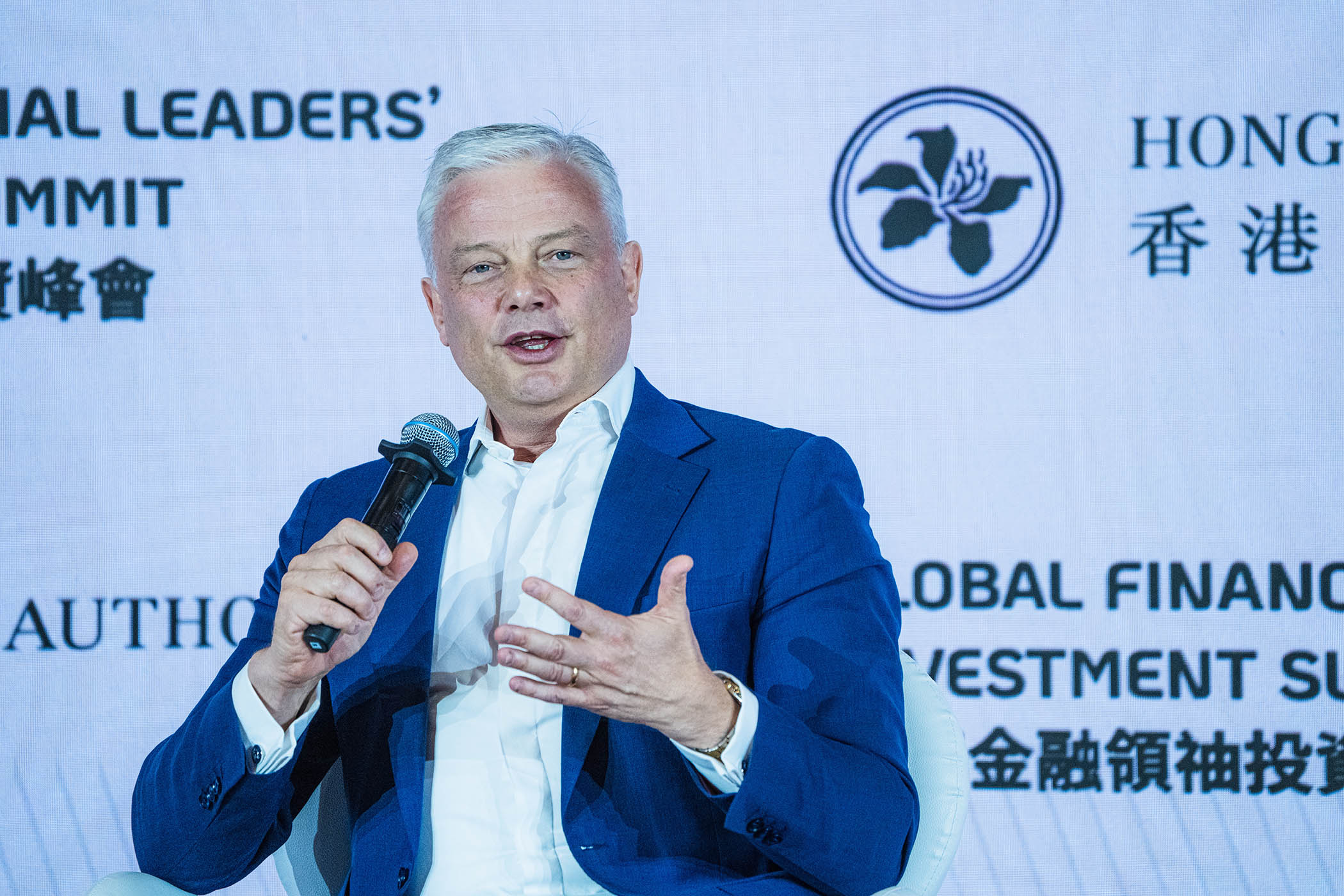Tech leaders are calling on the government to do more to attract high-skilled foreign talent to the UK, following Donald Trump’s decision to add a $100,000 fee to applications for H-1B visas.
“It provides a great opportunity for a package of policies that would attract the best global talent to work and start companies here,” Brent Hoberman, co-founder and chairman of the Founders Forum Group, told The Observer.
H-1Bs are a form of US work permit highly favoured by large tech companies. Currently it costs $215 to register for the H-1B visa lottery and an additional $780 for employers that sponsor visa applicants, with administrative fees ranging from $1000 to $4000, depending on whether or not the application is expedited.
Replacing the system with a six-figure pass is expected to deter immigration of high-skilled tech talent from places like India into the US, and is expected to lead to competition between the UK, Europe, Canada and other tech hubs to capitalise on the move.
“In America, you'd expect that a lot of these [new] H-1Bs will be absorbed by the big corporates who can probably still afford to pay this very heavy fee. It’s the startups that will struggle,” said Hoberman, an entrepreneur who co-founded lastminute.com. In the first half of 2025, Amazon had more than 10,000 H-1B visas approved while Microsoft and Meta had more than 5,000 each.
Hoberman added that new policies should be created to attract talent “long-term”, given the “political uncertainty" in the UK.
Currently available routes for skilled talent entering the UK include the “global talent”, “innovator founder”, “high potential individual” and “scale-up worker” visas. The UK also provides tax reliefs through the Seed Enterprise Investment Scheme and a lower 10% corporation tax on qualifying IP profits. Earlier this year, after Trump began an assault on academia in the US, it also trialled a £54m programme and a Global Talent Taskforce to relocate elite research teams in areas such as AI, life sciences and clean tech.
But Hoberman points out that this sum falls far short of the €500 million the EU has put toward a program called “Choose Europe for Science” for 2025-2027. Some options for how the UK could further compete include: expanding the relocation pilot into a rolling “supergrants” fund with 10-year awards; cut or cap the Immigration Health Surcharge for priority visas, which can be ten times higher than such fees in competitor countries; and appoint a minister for talent.
Photograph by Andrew Harnik/Getty Images
Newsletters
Choose the newsletters you want to receive
View more
For information about how The Observer protects your data, read our Privacy Policy



